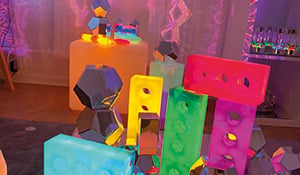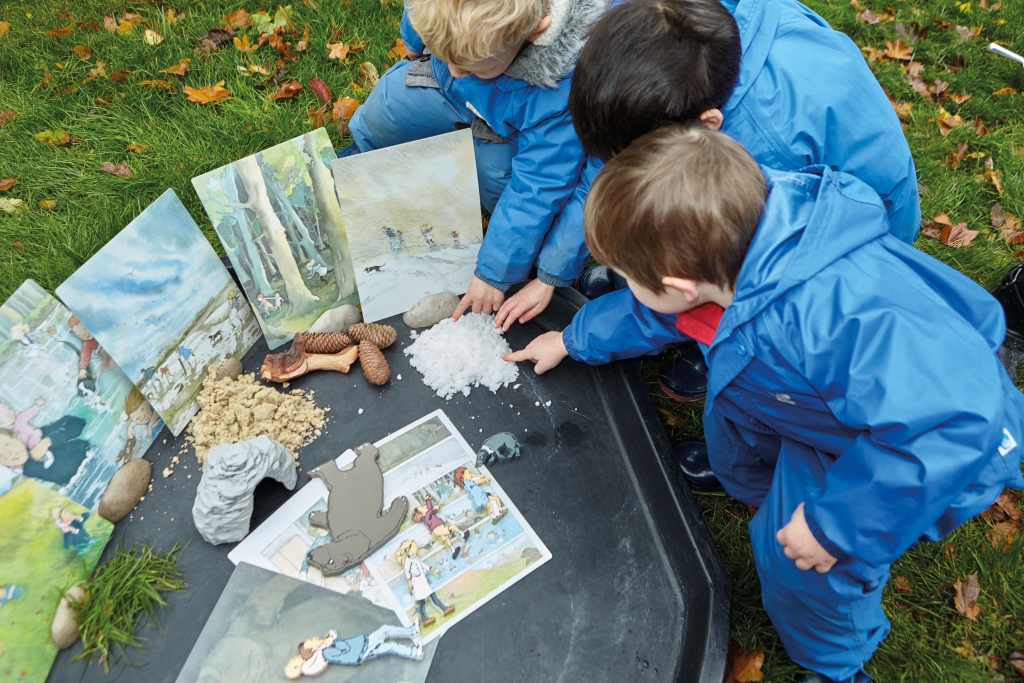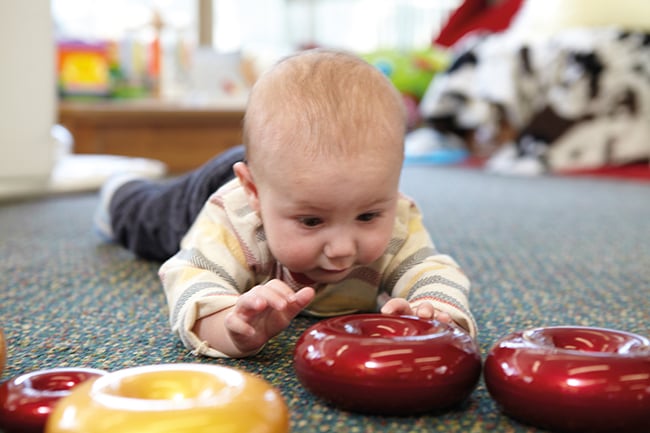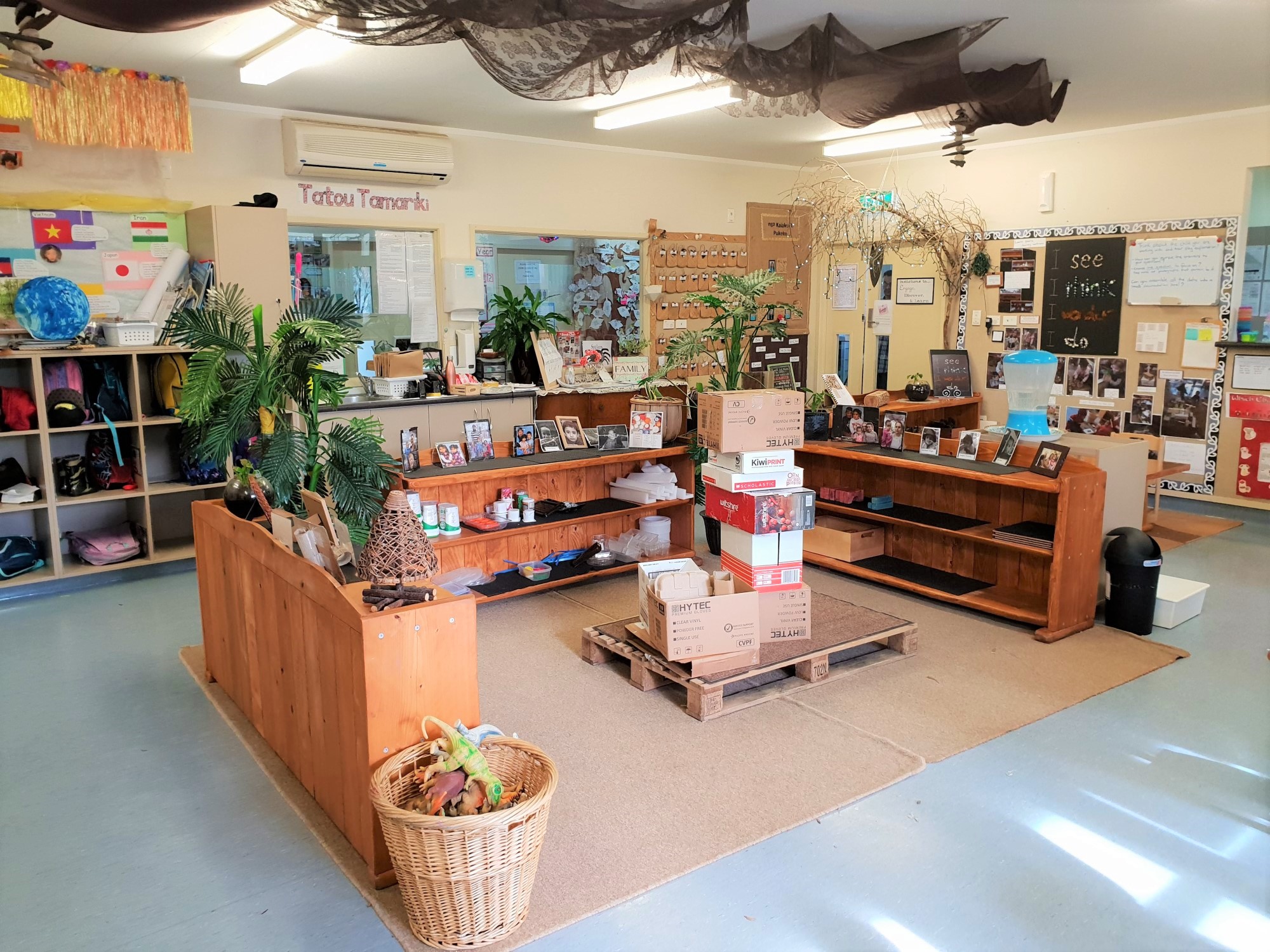The Environment
As an Activator for Learning
The Environment as the Third Educator
The physical learning environment is an important part of pre-school and children’s learning. It is known as the third educator. The concept of “the environment as the third educator“ originates from the Reggio Emilia philosophy and is about the importance of the environment, what is offered and how the material is presented.








